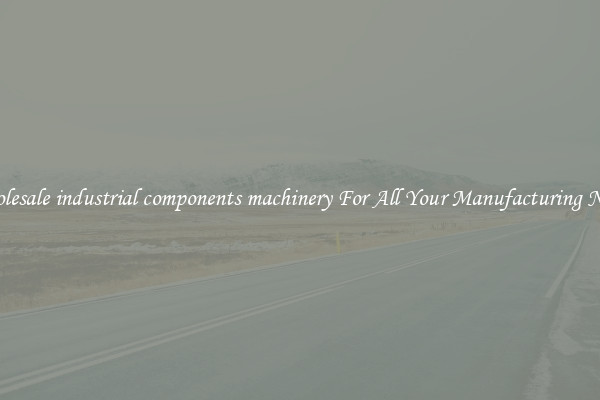machinery for concrete production For Commercial Uses
Machinery for Concrete Production for Commercial Uses

Concrete is the most widely used material in the construction industry, and its production requires specific equipment to ensure efficiency and quality. Machinery for concrete production plays a crucial role in various commercial applications, including infrastructure development, residential construction, and industrial projects. This article will explore the importance of machinery in concrete production, highlighting the various types of equipment used and their benefits.
One significant advantage of machinery for concrete production is its ability to streamline the process, resulting in increased productivity. Concrete production involves several stages, including mixing, batching, and transporting, which can be time-consuming and labor-intensive. However, with the right machinery, these processes can be automated, eliminating the need for manual labor and reducing the overall production time. This not only enhances efficiency but also allows for a larger output of high-quality concrete.
One of the most essential machines for concrete production is the concrete mixer. This equipment is responsible for combining cement, water, aggregate, and other additives to create a consistent and homogenous mixture. Concrete mixers come in various types, including drum mixers, pan mixers, and twin-shaft mixers. These mixers are designed to ensure thorough mixing and can accommodate different batch sizes, making them suitable for both large-scale commercial projects and smaller construction sites.
Once the concrete is mixed, it needs to be transported to the desired location. Concrete pumps are commonly used for this purpose. These machines effectively transfer the concrete from the mixer to the pouring site, whether it's a high-rise building or a distant location on the construction site. Concrete pumps are equipped with a boom or line system, allowing for precise placement of the concrete. This eliminates the need for manual labor, minimizes spillage, and ensures that the concrete is delivered efficiently.
Another essential piece of machinery for concrete production is the concrete batching plant. Batching plants are responsible for accurate and consistent measurement of the ingredients required for concrete production. They efficiently weigh and distribute the cement, aggregate, and water, ensuring the desired proportions are maintained. This greatly reduces the risk of human error and ensures the production of high-quality concrete with consistent strength and durability.
In addition to these primary machines, there are various auxiliary equipment used in concrete production. These include cement silos for storing large quantities of cement, aggregate bins for storing aggregates, and conveyors for transporting materials within the production facility. Each of these machines plays a crucial role in ensuring the smooth operation of the concrete production process.
In conclusion, machinery for concrete production is indispensable for commercial applications in the construction industry. These machines streamline the process, enhance efficiency, and ensure the production of high-quality concrete. From mixers to pumps and batching plants, each piece of equipment is designed to perform specific functions and contribute to the overall production process. Investing in good-quality machinery can greatly benefit construction companies by reducing costs, increasing productivity, and delivering superior concrete for various commercial projects.

View details

View details

View details

View details








